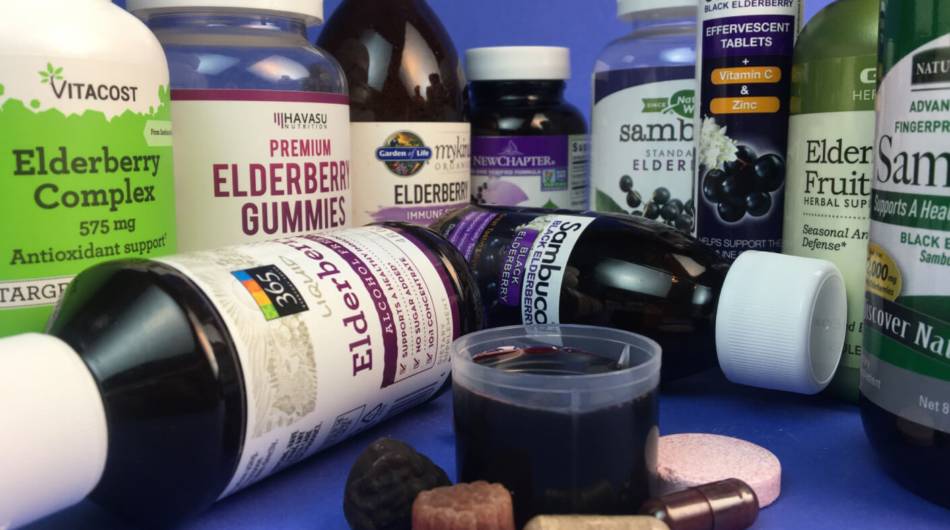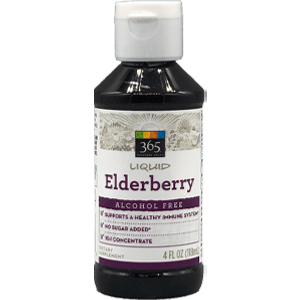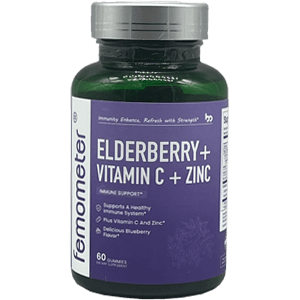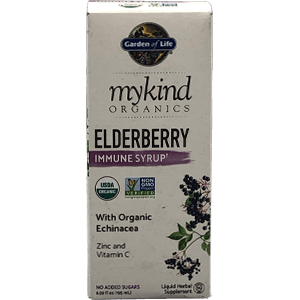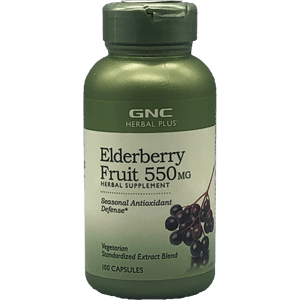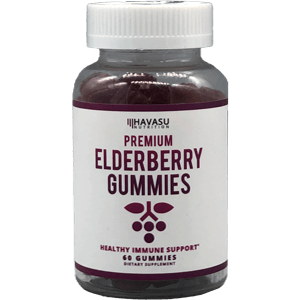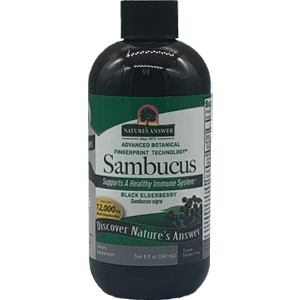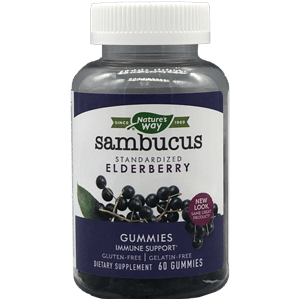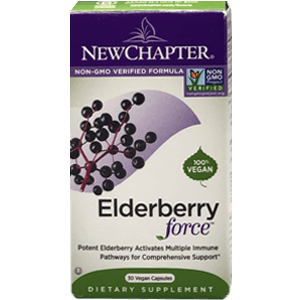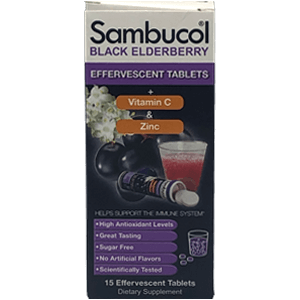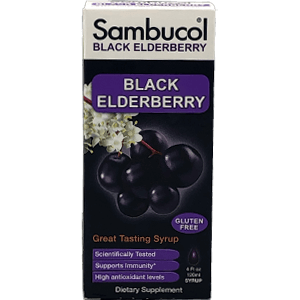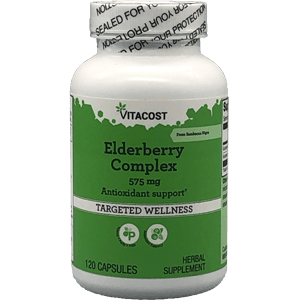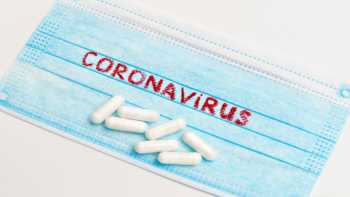Products tested in 2020 and 2022
+— 22 sources
In addition the results of its expert testing, ConsumerLab uses only high-quality, evidence based, information sources. These sources include peer-reviewed studies and information from agencies such as the FDA and USDA, and the National Academy of Medicine. On evolving topics, studies from pre-print journals may be sourced. All of our content is reviewed by medical doctors and doctoral-level experts in pharmacology, toxicology, and chemistry. We continually update and medically review our information to keep our content trustworthy, accurate, and reliable. The following sources are referenced in this article:
- Mach, Biochem J 1991
- Senica, J Sci Food Agric 2017
- Ulbricht, J Diet Suppl 2014
- Veberic, Food Chem 2009
- Barak, Eur Cytokine Netw 2001
- Curtis, J Nutr 2009
- Kirichenko, Phytomedicine 2016
- Kong, Online J Pharmacol Pharmacokinet 2009
- Macknin, J Gen Intern Med 2020
- Roschek, Phytochemistry 2009
- Tiralongo, Nutrients 2016
- Zakay-Rones, J Altern Complement Med 1995
- Zakay-Rones, J Int Med Res 2004
- American Botanical Council, Botanical Adulterants Monitor 2020
- Avula, J Food Compost Anal 2022
- Gafner, HerbalGram 2021
- Agarwal, Mol Clin Oncol 2024
- Forster-Waldl, Clin Exp Allergy 2003
- Jarrett, Nutrients 2025
- Langhammer, Phytother Res 2014
- Porter, Phytother Res 2017
- Weissman, Dig Dis Sci 2019
Summary
-
What is elderberry?
Elderberry is a small purple berry from the European (or black) elder bush (Sambucus nigra). Among the berry's chemical constituents are phenolic compounds that include anthocyanosides that laboratory tests show to have immune-stimulating, anti-microbial, and other properties (see What It Is).
-
What does elderberry do?
Small, company-funded clinical studies have shown various elderberry extracts to reduce the duration of cold and flu symptoms, but they do not prevent colds or flu. The chemical make-up of these extracts and the most effective dosing, however, has not been well-defined (see What It Does).
-
What did CL's tests of elderberry find?
ConsumerLab found that the amounts of anthocyanosides in elderberry products ranged more than 2,000-fold — from as little as 0.02 mg to 69.3 mg per suggested serving. This suggests that each product was made with at least some, if not a large amount, of elderberry. However, it is still not clear what amount, if any, indicates that a product will be effective. Even two versions of a popular and clinically-tested elderberry brand differed significantly in their amounts of anthocyanosides and neither formulation exactly matched what was shown to work clinically (see What CL Found and How Products Were Evaluated).

Which is the best elderberry supplement?
Due to a lack of clinical and scientific research, it remains difficult to know whether any of the elderberry supplements truly work. However, for those still interested in trying elderberry, CL selected two Top Picks for Elderberry — one that provides the most anthocyanosides and the other that appears to be most similar (although not identical) to a product shown to work clinically.-
Elderberry safety and side effects:
Elderberry supplements are generally well tolerated, although allergic reactions can occur. Do not eat raw elderberries, as they can be toxic. For more details see Concerns and Cautions.
As a ConsumerLab.com member, you may print a copy of this report for your personal use.
You can access a special print version by clicking the "Print" icon in the upper right corner of this report.
You can then use your web browser's print functions to print the whole report or just selected pages.
You may also email or post a link to this report using the web address above.
Non-members using the link will see a free summary and can join to view the full report.
Other means of copying or distributing this report, in part or full, are not permitted.
If you are sight-impaired and your computer is having trouble converting the text in this report to speech,
contact us for assistance at Membership@ConsumerLab.com or by
phone at 914-722-9149.

